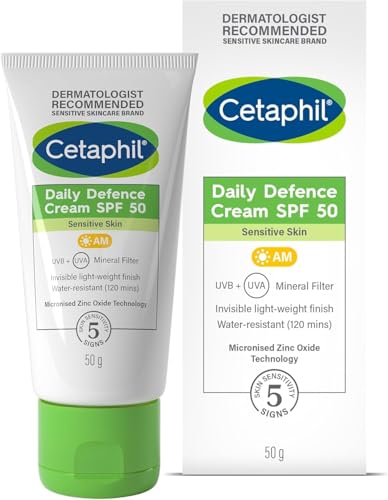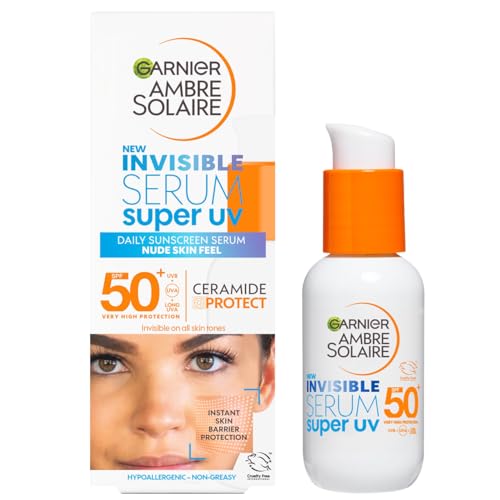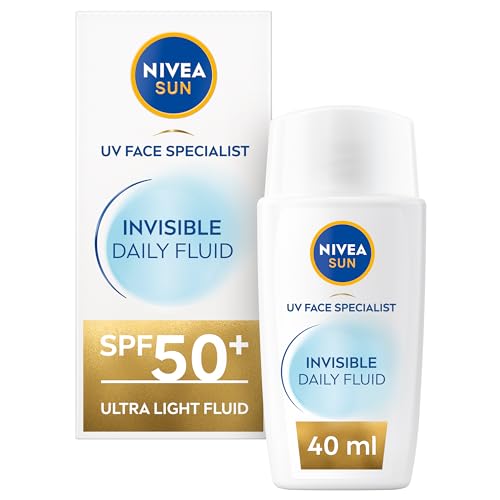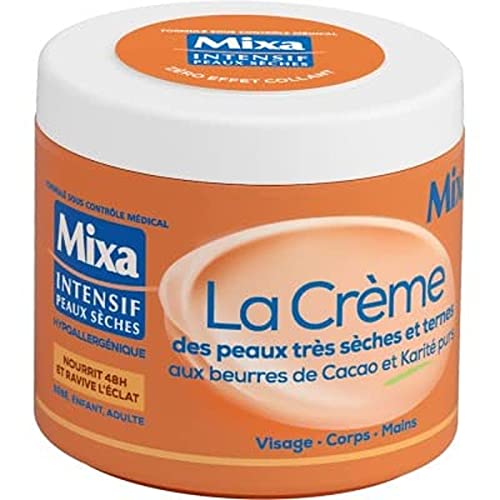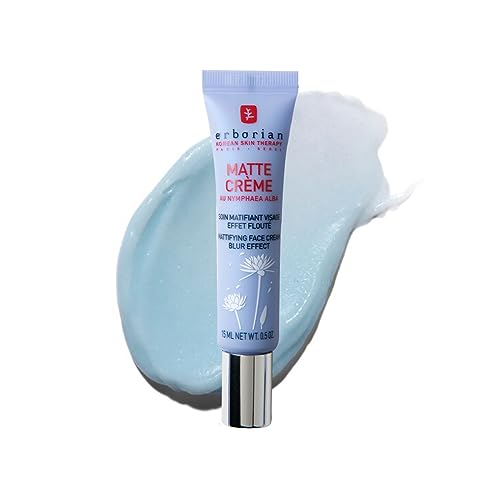Understanding Facial Sunscreen: Why It Matters for Your Skin
The Importance of Sunscreen for Facial Skin
Facial sunscreen is crucial in protecting our skin from harmful ultraviolet (UV) rays that can lead to premature ageing, discolouration, and skin cancer. Our faces are exposed to sunlight more than other areas of our bodies, making it essential to apply sunscreen daily, even on cloudy days or when indoors, as UV rays can penetrate windows. Using facial sunscreen regularly helps maintain skin health and appearance.
Common Misconceptions About Sunscreens
Many people believe that they only need sunscreen in the summer or when going to the beach. However, skin damage from UV rays can occur throughout the year. Some think that applying makeup with SPF is sufficient protection, but it’s often not enough, as we tend to use less than the recommended amount. Understanding these misconceptions can help us make informed choices about our skincare.
Key Ingredients in Facial Sunscreen: What to Look For
Broad-Spectrum Protection
When choosing a facial sunscreen, look for broad-spectrum protection, which means it protects against both UVA and UVB rays. UVA rays can penetrate deep into the skin and lead to ageing and skin cancer, while UVB rays cause sunburn. A reliable product will contain effective ingredients that shield us from both types.
Physical vs. Chemical Filters
Different sunscreens use either physical or chemical filters to provide protection. Physical sunscreens contain ingredients like zinc oxide or titanium dioxide that sit on the skin’s surface to deflect UV rays. These are a great option for sensitive skin. Chemical sunscreens use organic compounds that absorb UV rays, which can feel lighter on the skin. Choosing between the two depends on your skin type and personal preference.
Different Types of Facial Sunscreen: Which One is Right for You?
Lotions, Gels, and Creams
Facial sunscreens come in various formulations, including lotions, gels, and creams. If you have oily skin, a lightweight gel or fluid sunscreen can help prevent breakouts while offering adequate protection. For dry skin, a nourishing cream might be more beneficial and provide additional hydration.
Tinted Sunscreens and BB/CC Creams
Tinted sunscreens offer the dual benefit of sun protection and a light coverage foundation. They can even out skin tone while delivering SPF, making them a practical choice for daily wear. BB creams and CC creams often include additional skincare ingredients, offering hydration and brightening effects alongside sun protection. Depending on your skin concerns, these options can simplify your morning routine.
How to Apply Facial Sunscreen for Maximum Protection
The Right Amount
Using the correct amount of sunscreen is key to ensuring optimal protection. The recommended amount is about a nickel-sized dollop for your face. Many people underapply, which can greatly reduce efficacy. Don’t be shy; apply enough to cover all exposed areas.
Timing and Reapplication
For the best results, apply sunscreen at least 15 minutes before sun exposure to give it time to absorb. If you’ll be outdoors for extended periods, reapply every two hours, or more frequently if sweating or swimming. Setting reminders on your phone can help maintain consistency.
Top Recommendations for Facial Sunscreen: Our Picks for Every Skin Type
For Oily Skin
For those with oily skin, we recommend a gel-based sunscreen that is mattifying and lightweight to control shine while providing effective SPF protection. Look for formulations that are non-comedogenic to avoid clogging pores.
For Dry Skin
A cream sunscreen enriched with hydrating ingredients like hyaluronic acid or glycerin is ideal for dry skin. These formulations not only protect but also nourish the skin, preventing flakiness and maintaining moisture.
For Sensitive Skin
If you have sensitive skin, choose a physical sunscreen with zinc oxide as the active ingredient. These options are gentle, less likely to irritate, and usually free from fragrances and harsh chemicals, making them suitable for delicate facial skin.



